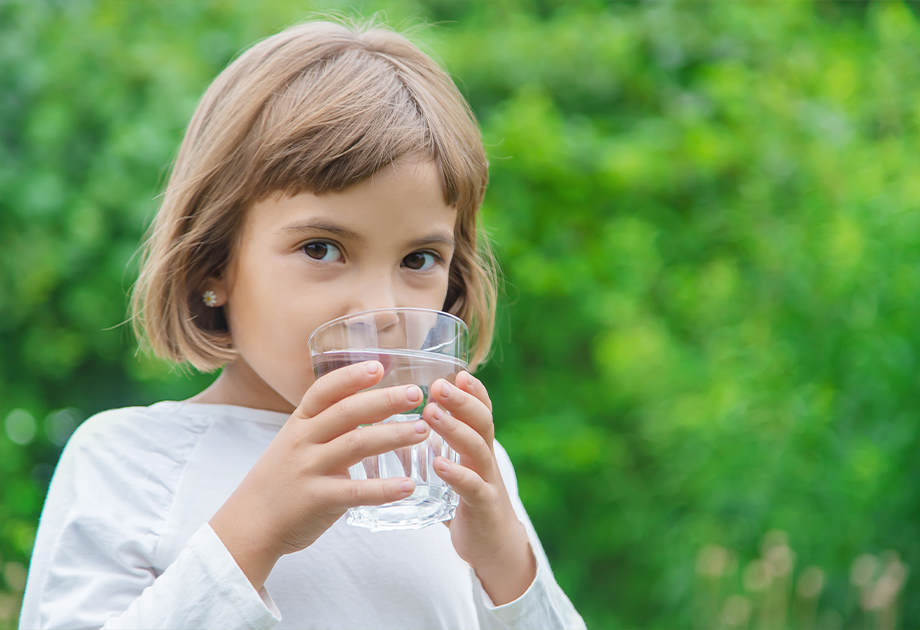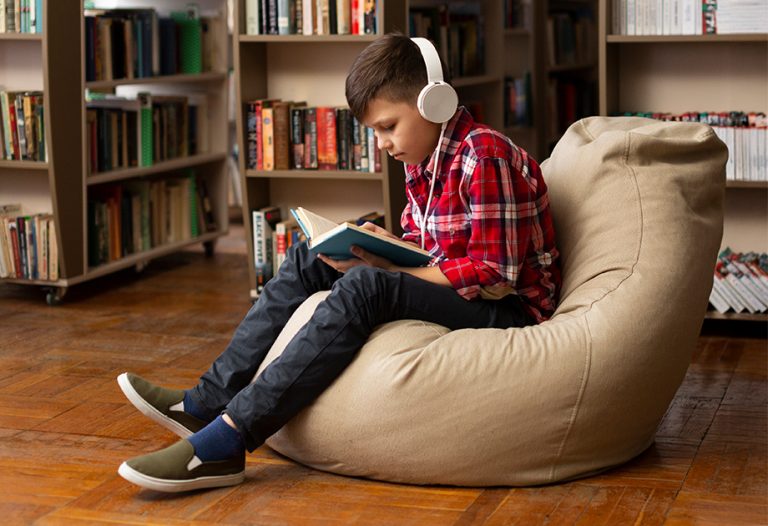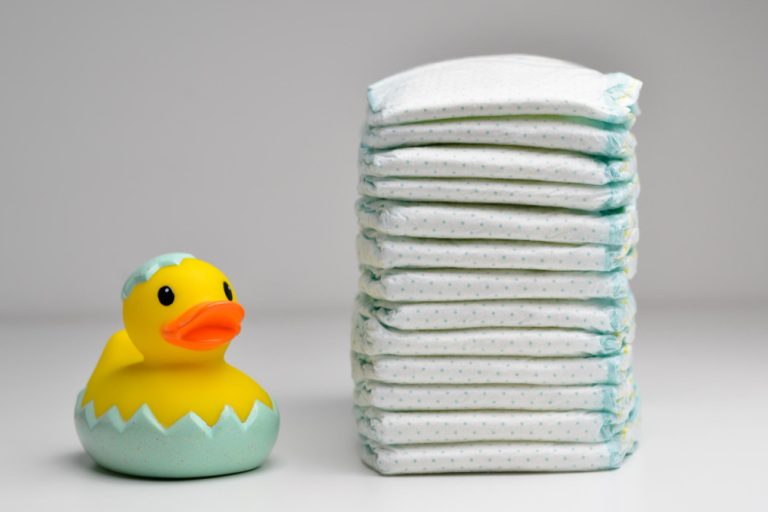5 Strategies To Maintain Water Intake For Kids In Winter
Did you know that your child could be silently dehydrating right under your nose this winter, even when they’re not feeling hot or sweaty? Worried about water intake for kids in winter? Winter often brings about a noticeable decrease in thirst, making it less apparent that your child needs adequate hydration.
Just the opposite, the intake of water is the size of the problem, that should stay alone. This is why, during these periods, it is important to maintain proper hydration for the child. This blog explores the necessary water intake for kids in winter and provides practical tips to make sure they stay properly hydrated.
Why Hydration is Critical for Children
Hydration is essential for all, but especially for kids, as they need more fluids per kg compared to adults because of their smaller size. Water is important for many processes in the body, for example the following:
Regulating body temperature
Even during the winter, the body requires water to help keep the body temperature.
Digestion and nutrient absorption
The breaking down of food and effective nutrient absorption are aloe’ with water’s help.
Cognitive function
Optimal hydration is associated with better concentration and cognitive skills in children.
Detoxification
Water assists in flushing out toxins and bodily waste through the urine
Recommended Water Intake for Kids
The water intake for kids depends on their age and weight as well as their physical activity and the climate they live in. These are the general recommendations for kids’ water intake that pediatricians establish:
Ages 1-3
4 cups of flavored water and/or homemade fruit ice pops would be preferred. Use the 4-ounce servings throughout the day or night, whichever works better for you.
Ages 4-8
You should drink 5 cups of water, which is 40 ounces, in a day, approximately.
Ages 9-13
Around 7-8 cups (56-64 ounces) per day for girls, and 8-10 cups (64-80 ounces) for boys.
Ages 14 and older
About 8-11 cups (64-88 ounces) for girls, and 10-14 cups (80-112 ounces) for boys.
3 Challenges of Maintaining Hydration in Winter
Here are some of the reasons why it may be difficult to be sure that your child is getting enough water in the winter:
1. Decreased thirst response
The stages of cold weather can lead to the physical body’s thirst sensors gradually becoming less active, thereby, individuals tend not to crave water, thus consuming less.
2. Increased respiratory fluid loss
Cold air holds less moisture, and as a result, more moisture is given off during respiration when the air is dry, mostly in winter.
3. Sweating in heavy clothes
Children may sweat while playing outdoors in heavy, warm clothing, and that might not be seen immediately after you if they are sweating.
5 Effective Strategies to Enhance Water Intake
To help your child stay hydrated during the cold months, consider the following practical tips:
1. Make the availability of fluids simplified
Such as locating water bottles that are easily accessible for your children in the home vicinity as well as including them in your school bags.
2. Use the drinking containers that look attractive
Allow children to pick their water bottles if possible, such as in colors or designs they like best.
3. Water-heavy eating habits
Kids eat more foods with high water content that are cucumber, orange, and apple.
4. Flavor the water
You can also make the water more appealing to children who do not like it plain by putting in slices of fruits like lemon, lime or strawberries.
5. Program regular signal
Assign specific times for water intake, and make sure these are enforced by adults.
Monitoring Hydration
Here are some signs that can help you determine if your child is well-hydrated:
Frequency and color of urine
Ideally, the urine should be lighter yellow and frequent.
Physical energy levels
Dehydration may result in feelings of fatigue or slowness.
Mood and cognitive function
Dehydration may affect a child’s mood and mental focus.
Role of Water Intake in Winter Health
Proper hydration enables your child to:
Boost Immunity
Water is a good source of lymph, and this lymph transports white blood cells that can fight against harmful microbes.
Prevent Winter Dryness
Adequate hydration is a requirement for maintaining their natural skin and lip care, thus minimizing My Little Pony winter dryness.
Improve Digestion
Water is an important component of the digestive system that can support constipation and reduce the chances of the same in winter during the low-fiber diet and less physical activity.
Enhance Cognitive Function
Proper hydration is critical, as it is the primary nutrient necessary for the brain. This is the manner in which it will alert the brain and improve memory power.
The Final Note
Lucid and to the point drinks fulfill the health and well-being of children in the winter, so it is of vital importance to ensure their proper water intake for kids in the winter. In spite of the coldness and the mud, the kids will not be eager to drink water still. It’s the most important thing to admit that the bodies of the children are still in need of the fluids they need for their optimal activity. By appreciating hydrating the heat as a prerequisite of body temperature, digestion, mental function, and the elimination of toxins, one can be proactive and support the kids with their water intake.
Paving the way for the system of continuity, the steps to the successful realization of this are various, such as getting rid of something that blocks other people from them, enhancing the growth of a situation by providing it with the right environmental conditions, and making sure that life is boosted in a more climate-resilient way. Some of these issues are related to the intervention of engineers and health professionals, but their success mainly depends on the adoption of these new behaviors by the population.
The best way to imbibe these new resolutions is to change a little bit your children’s habits of drinking water and adding a certain part of their daily chores, such as right in the morning, after sports, or before sleep, when you have your own glass of water. Research conducted in the U.S. has shown that the shortage of water in children can result in shortness of breath and could lead to mental problems. This is why, during the winter, one must make water available and easily accessible for children.







